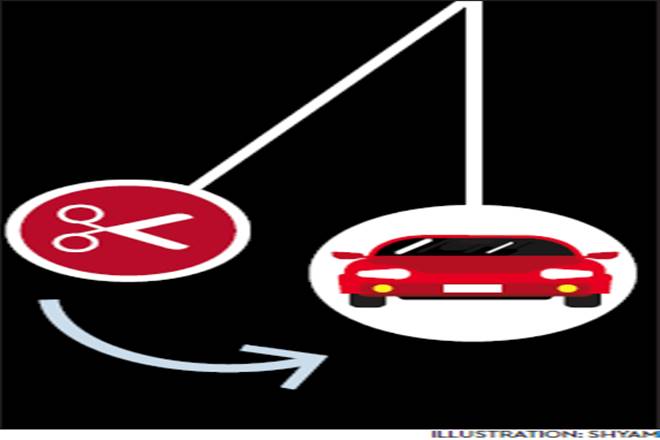
This type of transaction is similar to the one in the previous case, except that the buyer is in the course or furtherance of business.
The second-hand car market in India is largely unorganised and fragmented. Since the transactions happen in different ways, following are the impact of goods and services tax (GST).
Individual sells to individual
As per Section 2(105) read with Section 7 of CGST Act, even though the sale of old or used vehicle by an individual is for a consideration, it cannot be said to be in the course or furtherance of his business (as selling old vehicles is not the business of the said individual), and hence does not qualify to be a supply. So, sale by an individual to another individual is not a supply and no GST is applicable.
Individual sells to un-registered dealer
This type of transaction is similar to the one in the previous case, except that the buyer is in the course or furtherance of business. Individual selling to un-registered second-hand vehicle dealer is not a supply and therefore no GST is applicable. Though the unregistered buyer further makes resale of such vehicles in the course or furtherance of business, GST is not payable as he is un-registered (perhaps by virtue of his turnover less than threshold limit of Rs 20 lakh)
Individual sells to registered second-hand dealer
An individual (unregistered) selling to registered dealer attracts payment of GST on Reverse Charge Mechanism under Sec 9(4) of CGST Act that mandates that tax on supply of taxable goods (vehicle in this case) by an unregistered supplier (an individual in this case) to a registered person (the second hand vehicle dealer in this case) will be paid by the registered person (the dealer in this case) under reverse charge mechanism.This provision, however, has to be read in conjunction with Section 2(105) read with Section 7 of the said Act. Section 2 (105) defines supplier as a person supplying the goods or services. Section 7 provides that a supply is a transaction, for a consideration by a person in the course or furtherance of business.Even though the sale of old vehicle by an individual is for a consideration, it cannot be said to be in the course or furtherance of his business (as selling old vehicle is not the business of the said individual), and hence does not qualify to be a supply per se.
Accordingly, the sale of old vehicle by an individual to a registered dealer will not attract the provisions of Section 9(4) and the dealer will not be liable to pay tax under reverse charge mechanism on such purchases.
Resale of vehicle by registered dealer
Margin scheme: Normally GST is charged on the transaction value of the goods. However, in respect of second-hand goods, a person dealing is such goods may be allowed to pay tax on the margin, i.e., the difference between the value at which the goods are supplied and the price at which the goods are purchased. If there is no margin, no GST is charged for such supply. The purpose of the scheme is to avoid double taxation as the goods, having once borne the incidence of tax, re-enter the supply and the economic supply chain.
Valuation of second hand goods: As per Rule 32(5) of the CGST Rules, 2017, where a taxable supply is provided by a person dealing in buying and selling of second-hand goods, i.e., used goods as such or after such minor processing which does not change the nature of the goods and where no input tax credit has been availed on the purchase of such goods, the value of supply shall be the difference between the selling price and the purchase price and where the value of such supply is negative, it shall be ignored.
[“Source-financialexpress”]




